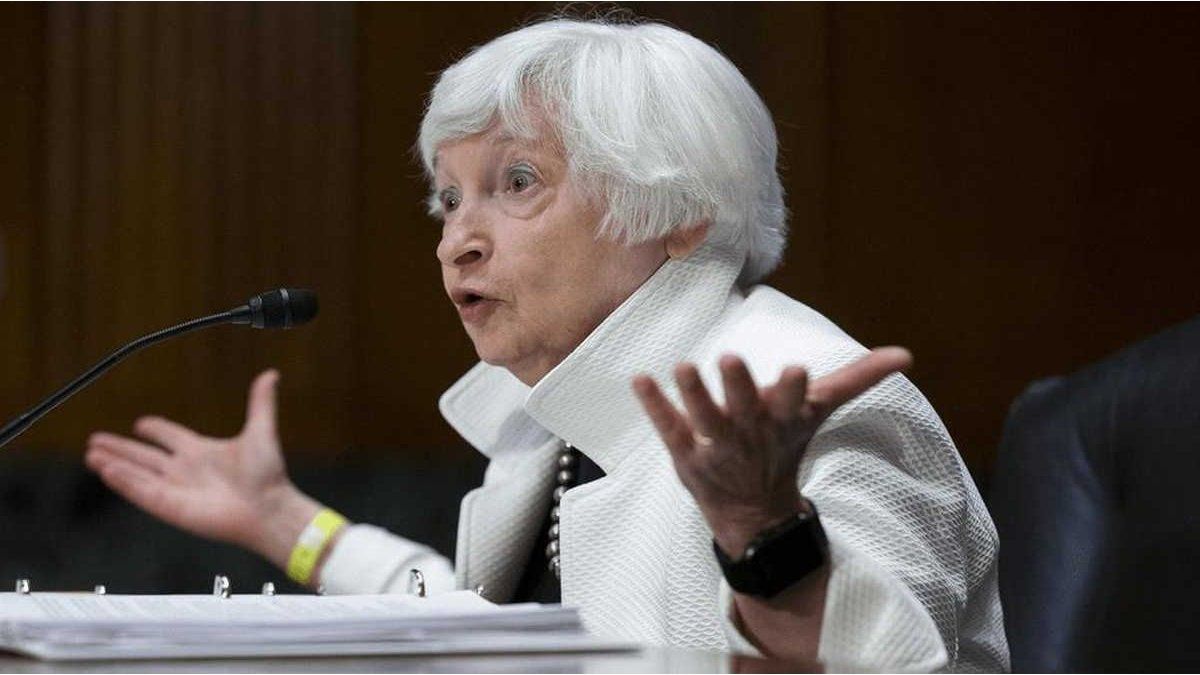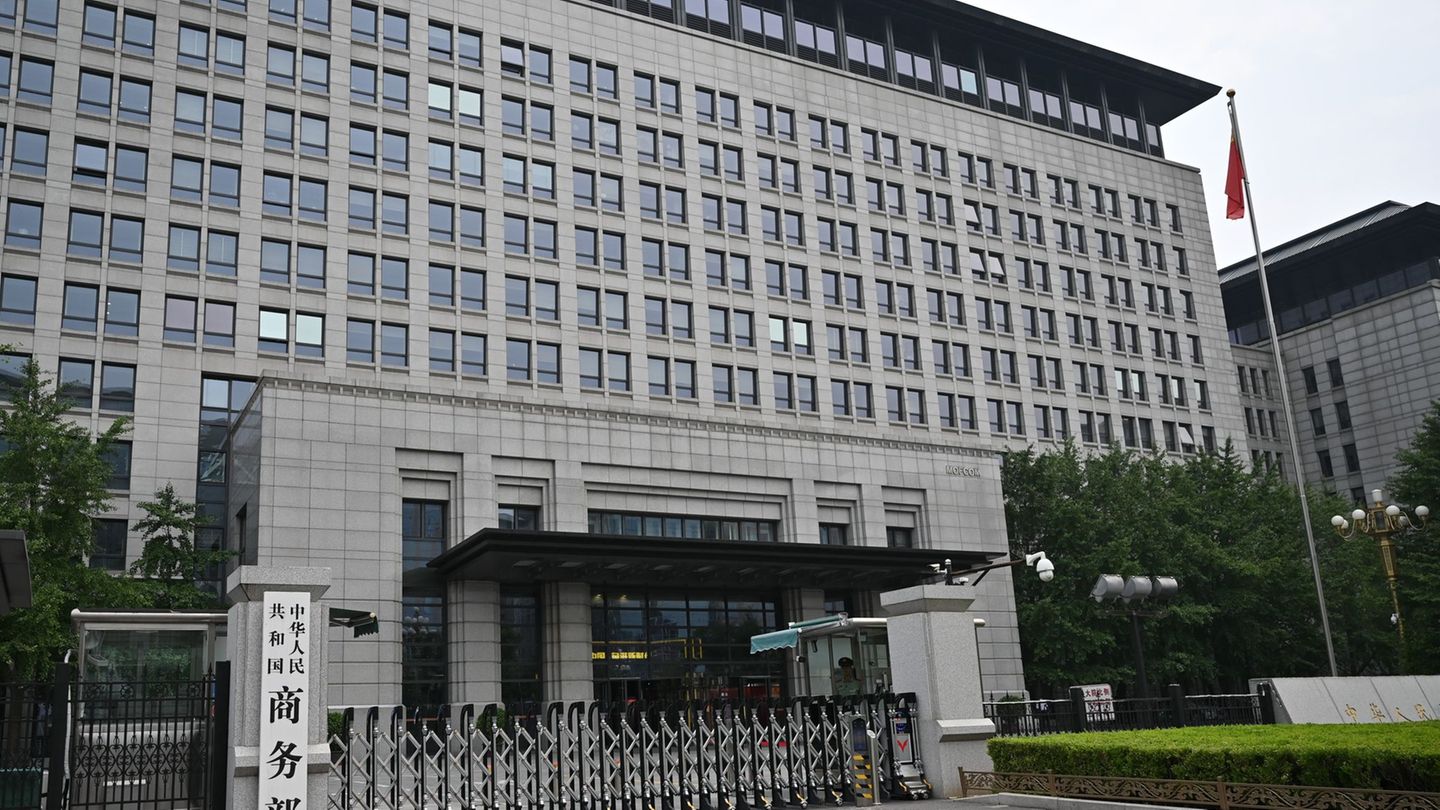The G20 Finance Chiefs, meeting in Rio de Janeiro, showed divergences this Thursday on the idea of a coordinated tax on large fortunesdriven Brazil but the United States opposes itwhich advocates that each country adopt its own tax system “fair and progressive”.
The proposal to tax the super-rich is promoted at the G20 by the Brazilian president, Luiz Inacio Lula da Silvawhich this year presides over the bloc of the 20 largest global economies.
Finance ministers are expected to address the issue at a meeting in the coming hours, but Treasury Secretary Janet Yellen, He said the United States was opposed to a coordinated tax.
“Fiscal policy is very difficult to coordinate globally. We do not see the need nor do we believe it is desirable to try to negotiate a global agreement on this issue.”Yellen said at a news conference, where she advocated that each country ensure it has a tax system “fair and progressive”.
inter-Yellen-REUTERS.JPG
“The United States strongly supports a progressive tax system that ensures that very wealthy individuals with high incomes pay their fair share.”Yellen said.
On Wednesday, Lula I affirm that “some individuals control more resources than entire countries,” announcing the creation of a Global Alliance against Hunger and Poverty, the flagship project of the Brazilian G20 presidency.
His Minister of Finance, Fernando Haddad, defended on Wednesday the idea of taxing billionaires as a means of financing the fight against hunger.
However, he was cautious, saying it was possible that ministers would issue a statement “that would give impetus” to the proposal. “It will not be established overnight, because it is a very delicate mechanism,” he told local channel Globo.
Inequality has increased in recent years
Inequalities have continued to increase in recent yearsaccording to a study by the NGO Oxfam published on Thursday: The richest 1% of the world’s people saw their wealth grow by more than 40 trillion dollars, but their taxes are “historically” low.
The idea of a coordinated tax on the richest emerged at the beginning of the year and gradually gained support from several countries such as France, Spain and South Africa.
The French economist Gabriel Zucman calculates that The tax rate paid by billionaires is just 0.3% of their wealth. In a recent report prepared at the request of Brazil, Zucman proposed creating a 2% tax on the fortunes of some 3,000 billionaires. But not all G20 countries support this idea.
The German Ministry of Finance, On the eve of the G20, he considered “not very relevant” the idea of a minimum tax on assets.
In addition to an international tax system, this meeting of ministers ahead of the summit of heads of state and government on November 18 and 19 – also in Rio – is expected to address the global economic situation and, on Friday, the financing of the climate transition and debt. International divisions over the wars in Ukraine and Gaza have made the G20 joint statements a sensitive issue.
During the last meeting of finance ministers in Sao Paulo in February, these issues led to an impasse. This time, the solution devised by Brazil is to issue three texts, according to Brazilian authorities.
On the one hand, one dedicated exclusively to the tax issue. On the other hand, a broader final communiqué and, finally, a “declaration” published separately by the Brazilian presidency, the only one that would refer to the geopolitical crises.
This model was already put into practice this week. The Brazilian G20 presidency issued a “statement” on Wednesday saying that some G20 members “expressed their perspectives” on the situation in Ukraine and Gaza during discussions of the Global Partnership against Hunger and Poverty.
Some countries see the G20 as a relevant forum to discuss these issues, while others think the opposite.
Founded in 1999, the G20 brings together most of the world’s major economies, as well as the European Union and the African Union. Initially, his vocation was primarily economic, but he became increasingly involved in the hot topics of international current affairs.
Source: Ambito




